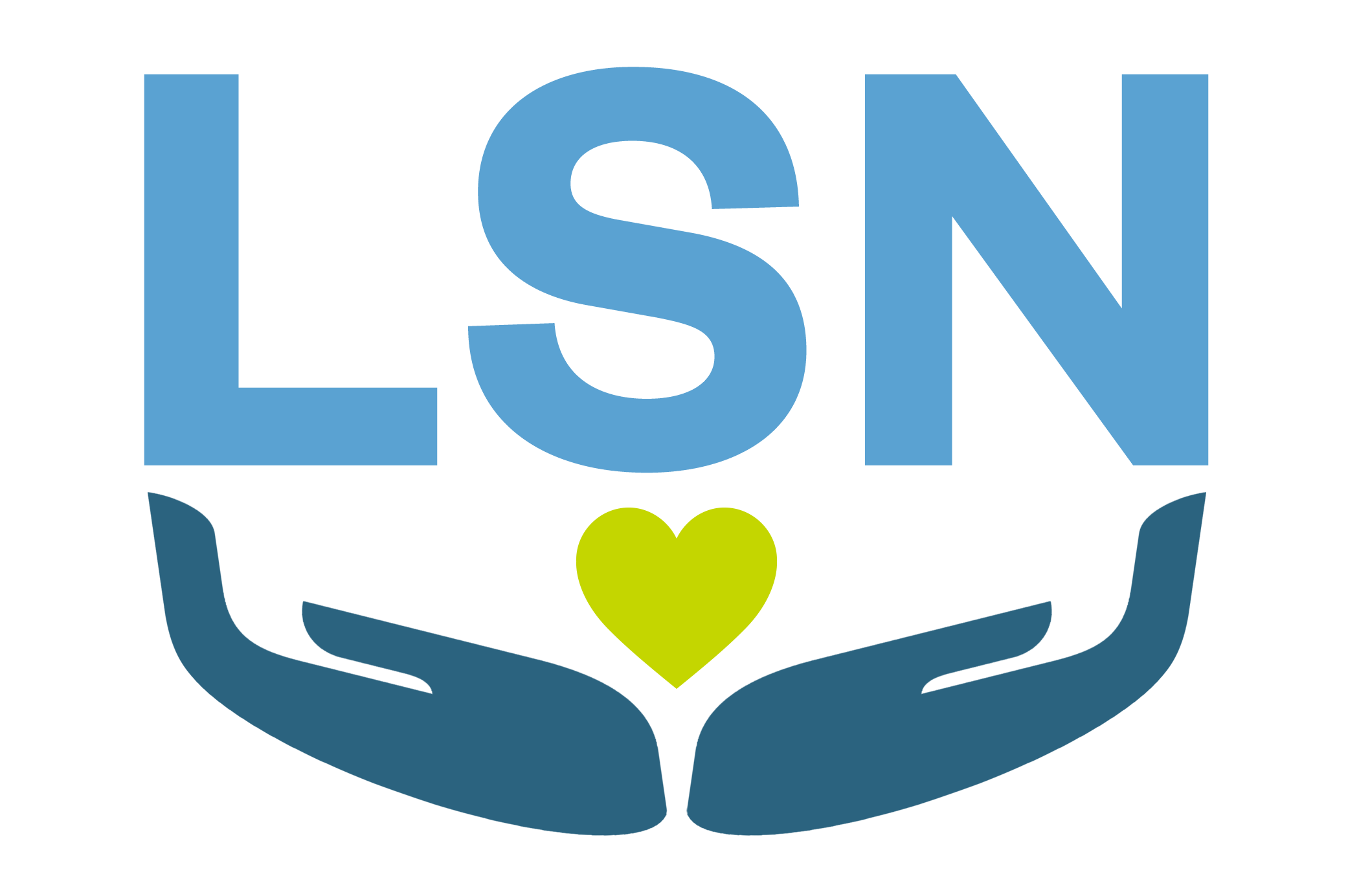Setting up your organization, classroom, or workplace for mental health success
Provide structure and routine
- Provide a roadmap toward collective goals. Make space for people to step away from activities and return with a full understanding of what happens during their absence.
- Give clear details on behavior expectations, policies, and assignments.
- Simplify work by using a minimal number of technological tools or complexities.
- Create regular routines for task completion.
Be flexible and understanding.
- Build flexibility into the structure itself. Plan remote options in advance so people can reengage if they need to step away for a period of time.
- Set expectations for open communication about what happens when someone cannot complete tasks or focus.
- Be aware of and discuss larger events that may impact the community's mental health as a whole. Plan ahead for flexibility and lighter loads during times that you anticipate being challenging.
Maintain open communication.
- Host individual or small group conversations.
- Create opportunities for individualized interactions.
- Communicate in a welcoming, compassionate tone.
- Maintain consistent communication.
- Help people find the spaces to check in with each other.
Create a safe atmosphere.
- Remember that some may not feel safe speaking openly due to persistent inequities, previous experiences, or fears of repercussions.
- Set a tone of inclusion and respect.
- Create opportunities for members to engage with and get to know each other.
- Give frequent feedback and offer opportunities for improvement.
- Design your space to be as inclusive as possible.
Take time for self-care.
- The demands of campus combined with all the factors happening in the broader community and world can feel overwhelming at times. Take time for self-care to maintain your own wellness.
- Focus on healthy habits.
- Support and engage with your group and encourage them to have healthy habits.
- Share ideas about how to support your community.
Advocate for systemic shifts that prioritize well-being.
As you work to create a healthier ecosystem in your spaces, consider what barriers may be faced. Are there opportunities to advocate to remove those systemic barriers?
Guidance for Shared Reflections
View this resource put together by the Gilling's School of Public Health & the UNC-CH Peer Support Core on how to organize and facilitate events to share experiences, reactions, and emotions following community trauma.
Sharing and printing options:

